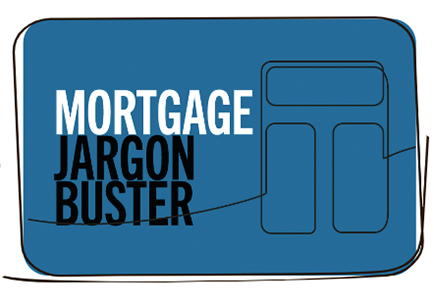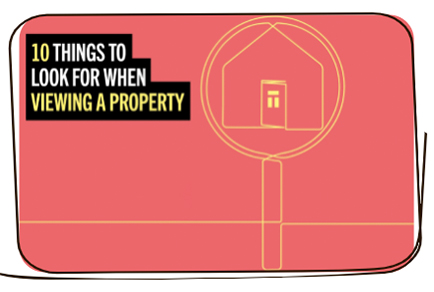1. Location –
We all know the name of the famous tv show that covers this exact point but if you’re buying with someone else it will help to get on the same page before you start.
Is it more important to each of you to find somewhere to suit your work or be closer to family? Does a quiet countryside sound more idyllic than a hustling and bustling city? Is it essential to be within a certain distance of a public service or transport for commuting?
If you’re struggling to decide, think about why it is you’re moving in the first place, and what you need to get out of your new home.
2. Try to separate wants and needs –
Note down a list of what is essential to you both for your new house, and what you can live without. Sometimes you can find your dream house, but it’s missing something small and you’ll find you have to compromise slightly, so it is worth knowing what is a priority for you both.
Or even start with the type of property you’d like to search for (new build vs old build, flat vs detached). Once you know where to begin, this can open up the conversation to any other essentials (garden, big driveway, good light etc).
3. Budget –
Discuss how much you can afford and the amount you would be willing to put forward. Make sure you’ll be able to afford your mortgage payments and still have money saved for an emergency fund.
Once you know how much you can borrow jointly, have a conversation about whether you want to spend the maximum for the right home, or whether you would rather spend less – get on the same page
4. Timeline –
Is one of you only free weekends, or after 5pm? Work out what days work best for the both of you to view properties, or to sit down and review everything together.
Is there anything big coming up in the calendar that could affect/disrupt the process that you will need to plan around?
5. Finance check –
Discuss and check through anything that could potentially affect your ability to get a mortgage together, and plan how to resolve any issues that might come up. Using a credit checker can help to give you a better impression of where you stand, and allows you to make sure your information is up to date.
6. Future planning –
Have a clear conversation about your future and where you see yourself in the next few years. Do you want to have kids? If so does the house you’re looking at have space to extend? Do you see yourself needing to move for work in the near future? While your first home likely won’t be where you stay forever, it’s still a big commitment that requires lots of thought and discussion.
7. Talk to estate agent –
By getting into contact with local estate agents and letting them know what you’re looking for in a home/your budget, you may be contacted regarding properties before they are officially listed online. This could give you the extra time to view it and potentially make an offer, with less competition.
8. Take notes/photos –
You are likely to view multiple houses and find quite a few online, so it is important for you to take notes and photos. This can keep you organised and allow you both to sit down and review them together, while making a pros and cons list to narrow it down.
9. Communication –
Be transparent with each other throughout your house-hunting. It can be an emotional and at times stressful process so it is important to check in with each other and communicate how you’re feeling. And celebrate! It can be easy to focus on the more stressful aspects of buying a home, so make time to celebrate the smaller milestones together.



